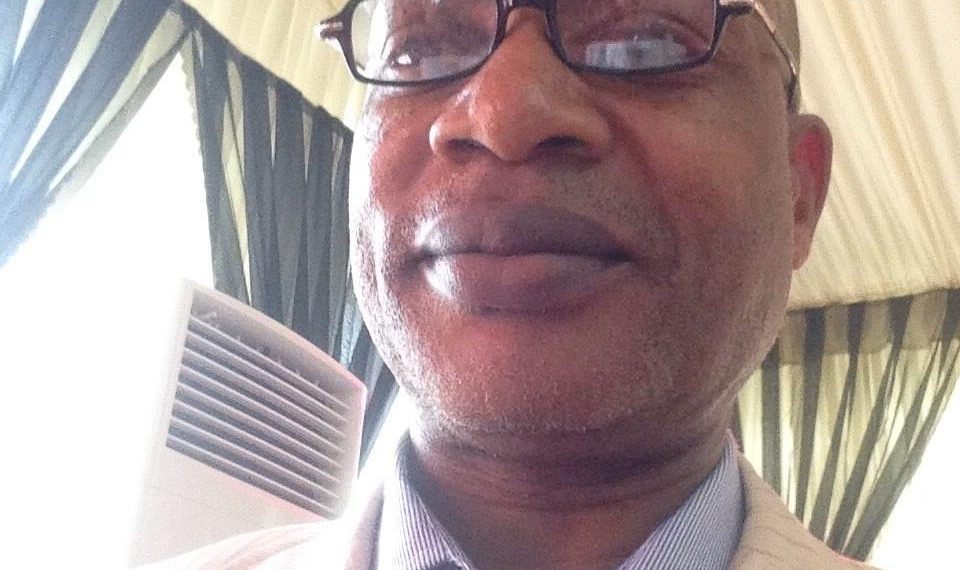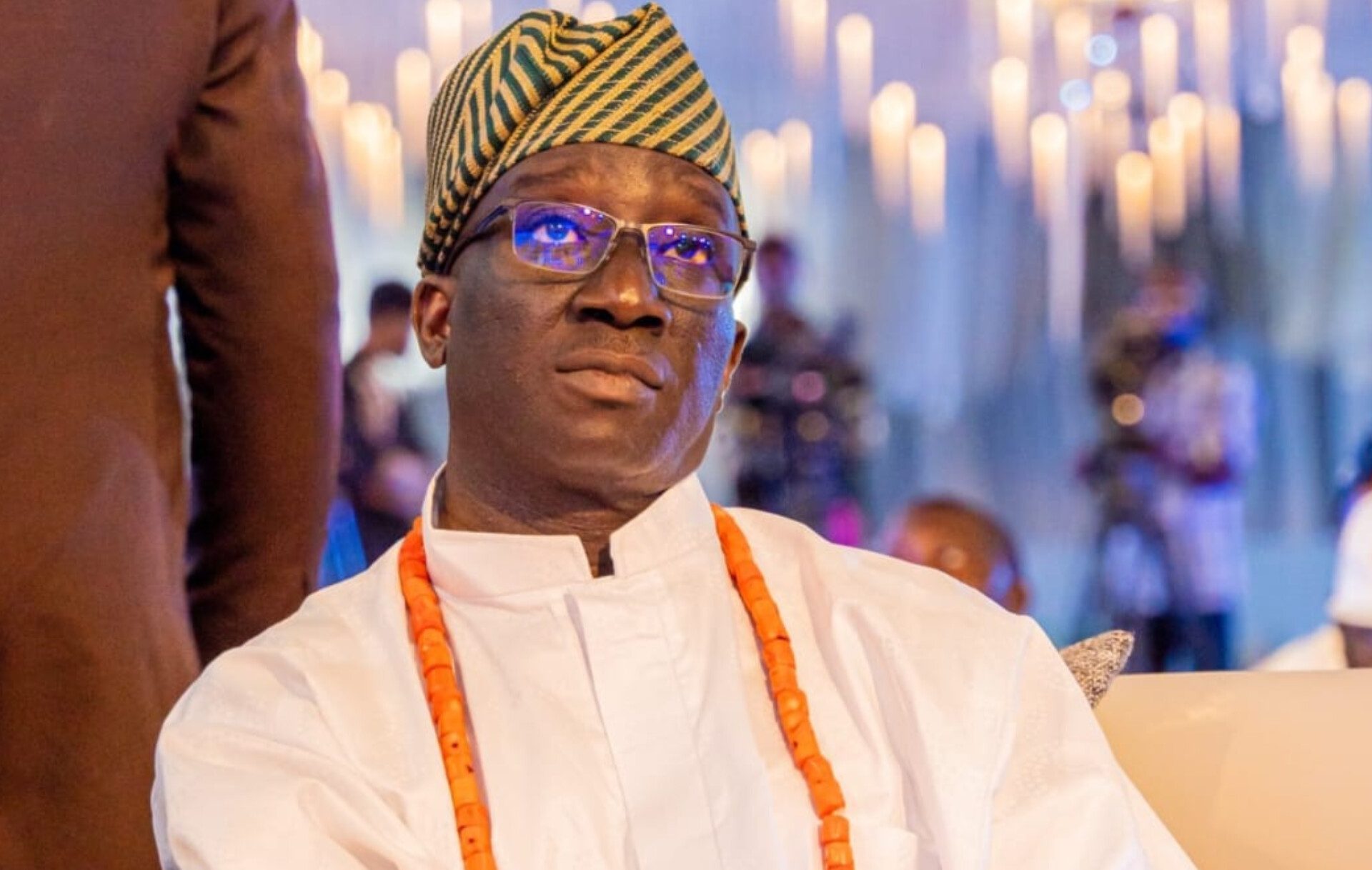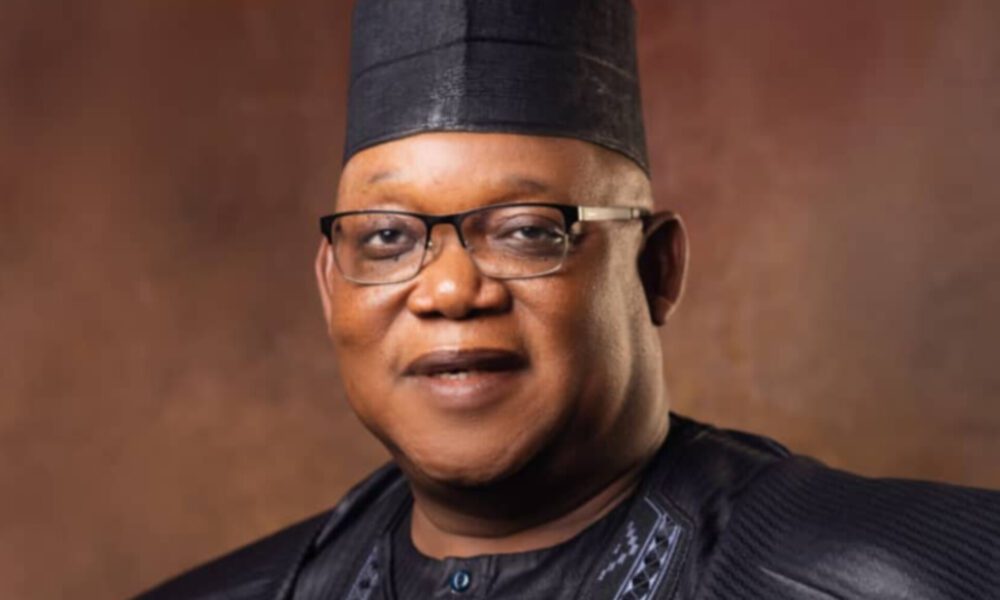By Tunde Olusunle
Bola Ahmed Tinubu, presidential flagbearer of the All Progressives Congress, (APC), for the February 2023 election shocked many by his outburst earlier in the year. Among other aliases, Tinubu is famous for the traditional title, Jagaban, (lead warrior), bestowed on him years ago by the people of Borgu in Niger State. Out of a meeting with Muhammadu Buhari who he hopes to succeed as president, Tinubu was accosted by State House reporters. They sought his views, among others, about his reaction to the presidential intent of his “son.” Vice President Yemi Osinbajo a Tinubu protege had expressed interest in succeeding his principal, Buhari, who he had served at the time for about seven years. Since the “father” was interested in the same position like his son, what was his reaction to the unfolding scenario? A visibly incensed Tinubu reacted very sharply: “I have no son grown enough to run for presidency.”
It is widely believed that Tinubu was catalytic to the political development of Osinbajo, the former university professor and Senior Advocate of Nigeria, (SAN). As governor of Lagos State between 1999 and 2007, Tinubu appointed Osinbajo his attorney general and commissioner for justice. Osinbajo, who served as special adviser, (legal advice and litigation) to a former attorney general and minister of justice, Bola Ajibola from 1988 to 1992, is also a senior clergy with the Redeemed Christian Church of God, (RCCG). He was reportedly recommended by Tinubu, to Buhari as his running mate, immediately after the December 2014 presidential primary of the APC.

Tinubu deeply coveted the position and put himself forward. This was precedent to his being hushed by other leaders of the party, who urged religious sensitivity in a potentially fractious polity. Tinubu’s indifference to the critical reality of Nigeria as a nation with two dominant, maybe mutually jealous religions, Christianity and Islam, has been practically reinforced by his preference for a same faith pairing, on his ticket. How well his condescending option has been received by a cross section of Nigeria’s electorate, will be manifest come Saturday February 25, 2023.
Atiku Abubakar, presidential candidate of the Peoples’ Democratic Party, (PDP), has been more conscientious and pragmatic, opting for a more perceptive and balanced ticket. He is running with the very experienced and amenable Arthur Ifeanyi Okowa, governor of Delta State. Osinbajo’s political effrontery was greeted by recriminations and reprimands, even from the vortex of the Tinubu behemoth. Bayo Onanuga, one of the exemplars of the “underground” press which battled the repressive Sani Abacha era to no end, indeed theorised in a public statement to the effect that he brokered the foremost Tinubu/Osinbajo meet up. Saturday February 25, 2023 is just at the bend, by God’s divine grace.
The April 2022 faceoff between Tinubu and Osinbajo was not the first time the self-styled “national leader” of the APC tangled with his supposed dissenters and opponents. In the subsisting fourth republic in Nigeria, Tinubu launched the unwholesome tradition of subjugation and ejection of his deputies from office. Kofoworola Bucknor-Akerele, and Femi Pedro who started out with him in 1999 and 2003 respectively, were variously frustrated out of office by their common nemesis, Tinubu. While Bucknor-Akerele resigned December 2002, Femi Pedro was inaugurated in her place, January 2003. About a fortnight to the conclusion of the Tinubu government in May 2007, however, the Lagos State House of Assembly, instigated by the control freak Tinubu, impeached Pedro “over allegations of misconduct.” Bucknor-Akerele’s preceding relationship with Tinubu as “home-based” and “diaspora” components of the National Democratic Coalition, (NADECO) the anti-Abacha resistance coalition, counted for little when Tinubu fell out with her.
Babatunde Raji Fashola, SAN, Tinubu’s erstwhile Chief of Staff who succeeded him in “Government House, Alausa, Ikeja,” had his blues with his former principal. Fashola opted for a governance prototype which derived from his background as a technocrat. His benefactor, however, desired a zombified protege who took dictates and instructions from the archetypal Baba Isale, (political grandmaster), as known within the Nigerian context. Fashola’s resistance to robotisation almost cost him a second term ticket in 2011, as Tinubu was going to ring the changes. With the ruling PDP of the Goodluck Jonathan era winking at Fashola willing to gift him a ticket on the platter, however, a brow-beaten Tinubu recoiled. Fashola has since asserted his “independence,” becoming one of the star boys of the Buhari administration, who is into his eighth year as works and housing minister. He may yet become the longest serving minister of that ministry.
Akinwumi Ambode, a chartered accountant and seasoned technocrat who succeeded Fashola in 2015, was not as fortunate. He got kicked in the bottom by his mentor for what Tinubu described as “selfishness and deviation from the masterplan for the development of Lagos State.” Ambode was specifically nailed for “not carrying everybody along in the administration of the state.” In the ingenious and expanding lexicon of Nigeria’s sociopolitics, “carrying along” is the practice of unrestrained dispensation of patronage to stakeholders, which is tantamount to oiling the wheels, bolts and joints of the political superstructure. Ambode lost the opportunity of a return ticket to Babajide Sanwo-Olu.
Adeseye Ogunlewe, who represented Lagos East senatorial zone on the platform of the primordial Alliance for Democracy, (AD) between 1999 and 2003, had his fair share of issues with Tinubu. Ogunlewe was appointed works and housing minister by Obasanjo in the latter’s second term. Ogunlewe relentlessly criticised the Tinubu administration which he once described as “a failure and disaster.” In one instance, Ogunlewe intoned that Tinubu’s scoresheet, made the people of Lagos full of regrets for voting him. Deploying the influence of proxy authority, Tinubu heckled Ogunlewe to no end, until the former defected from the PDP to the APC, last year.
No less harried was Olorunnimbe Mamora, incumbent minister of science and technology, who served as speaker of the Lagos State House of Assembly, between 1999 and 2003. Mamora won election in 2003 and 2007, respectively, to represent Lagos East. Despite the experience and colour he brought to the Senate between 2003 and 2011, he was denied a third term, on the express directives of Tinubu, whose aliases include Olowo Eko, (money man of Lagos). But the same Tinubu has gifted his wife, Remi, three successive tickets to the Senate!
Indeed, despite serving as deputy director-general of the Muhammadu Buhari Presidential Campaign Organisation in 2015, Mamora’s name was conspicuously missing, when appointments into positions into the new government, were being made. It was speculated that the new regime deferred to Tinubu, on issues of political patronage and nobody from the Lagos sub-country could be listed except by his express consent. Mamora subsequently featured as managing director of the National Inland Waterways Authority, (NIWA), courtesy of the sole intervention of former transportation minister, Rotimi Amaechi. Mamora functioned as Amaechi’s deputy in the campaign which produced the Buhari presidency, and Amaechi thought he had been unfairly treated when it was time to appropriate the cookies.
The example of Lasun Yusuf, deputy speaker of the House of Representatives during the eighth assembly, who defected from the APC to Labour Party, (LP), towards the actualization of his gubernatorial project in Osun State, remains fresh. Tinubu’s beef with Yusuf dated back to 2015. Yusuf frontally supported Yakubu Dogara for the position of Speaker of the lower parliament. The PDP caucus in the House thereafter, unanimously backed him as deputy to Dogara. Muzzled out of the APC, no thanks to a political tradition which accords “right of first refusal” to the incumbent, Yusuf sought new grounds elsewhere. Addressing a rally ahead of the July 2022 election, the Capone used the opportunity to exact his pound of flesh from Yusuf. His words: “Since they have opted to contest against my party, my candidate using the platform of Labour Party, may they deservedly labour to death!” I’m told anything, everything is possible once a microphone is clutched by a politician on the campaign dais.
No less demeaning was Tinubu’s riposte on Dapo Abiodun, on his visit to Ogun State earlier in the year, ahead of the presidential convention of the APC. Looking in the direction of Abiodun, his host and governor of the state, Tinubu blurted: Eleyi i ba ma je governor bi ki se tori temi. This interpretes as: “This one, this thing would never have made it to Government House, Abeokuta, but for me.” True, the utterance has become the subject of skits and memes on the social media, it cannot be more demeaning describing a governor or anyone for that matter, as a “thing” in whatever tongue.
The history of Nigeria’s evolution from the fascism of the Sani Abacha military era, documents Tinubu as one of those who stood against dictatorship. It is expected therefore, that he is up to speed with the intricacies and nuances of practical democracy. Tinubu’s demonstrably brusque, fiery, unforgiving temperament, however, compels introspection into the manner of combustible persona Nigeria might be signing up, in the event of collegiate political miscalculation, come February 2023.
A leader who vends political tickets, who determines terms of office, who dispenses freebies while posturing as an avowed democrat, is a potential risk to the evolution of popular governance. Many of his celebrated mentees, apparently, have tasted the flaming raw wrath of an absolutist, who places a leash on his every subject. And they must stay in line or be doomed castaways. We leave Kashim Shettima to find out more about his senior partner, if they do make it to Aso Villa.
Nigeria’s southern media creates an erroneous impression that the onslaught against military despotism was powered only by democrats in the south. The Peoples’s Democratic Movement, (PDM), established by Shehu Musa Yar’Adua, deputy to Obasanjo in the latter’s years as military head of state between 1976 and 1979, had Atiku as de facto Number Two man. Atiku always had good friends in the media and leveraged their goodwill. PDM addressed press conferences and issued press releases, calling for the unconditional exit of the military from office. PDM relentlessly battled the military milieu of Sani Abacha to no end, culminating in the incarceration of Yar’Adua. At the height of the clamour for the exit of the military rulership, Atiku refused overtures to betray the PDM by the Abacha government. He was thereafter targeted in his Kaduna home, an incident which claimed seven lives. Atiku was compelled to accede to entreaties to relocate abroad, while the sociopolitical situation simmered.
Nigeria Container Services, (NICOTES) the marine logistics outfit co-founded by Atiku and Italian partner Gabrielle Volpi, was also emasculated, to deliberately asphyxiate the fountain of funding, for the perceived “anti-government activities” of the PDM. More fundamentally, his gross investment in the development and sustenance of democracy, will be diagnosed, subsequently. Importantly, these include the landmark litigations he instituted, pursued and triumphed in, in what is easily the highest number of constitutional inquisitions by any individual or entity, in the last two decades. Maxwell Gidado, SAN and Chudi Ojukwu have captured these in their jointly edited book: Landmark Constitutional Law Cases In Nigeria, 2004 to 2007: The Atiku Abubakar Cases, (2013). Democracy has been the bigger beneficiary of these benevolent engagements, which substantially, have clipped the wings of overbearing political overlords.
Tunde Olusunle, PhD, is Special Adviser, Media and Publicity to Atiku Abubakar.




